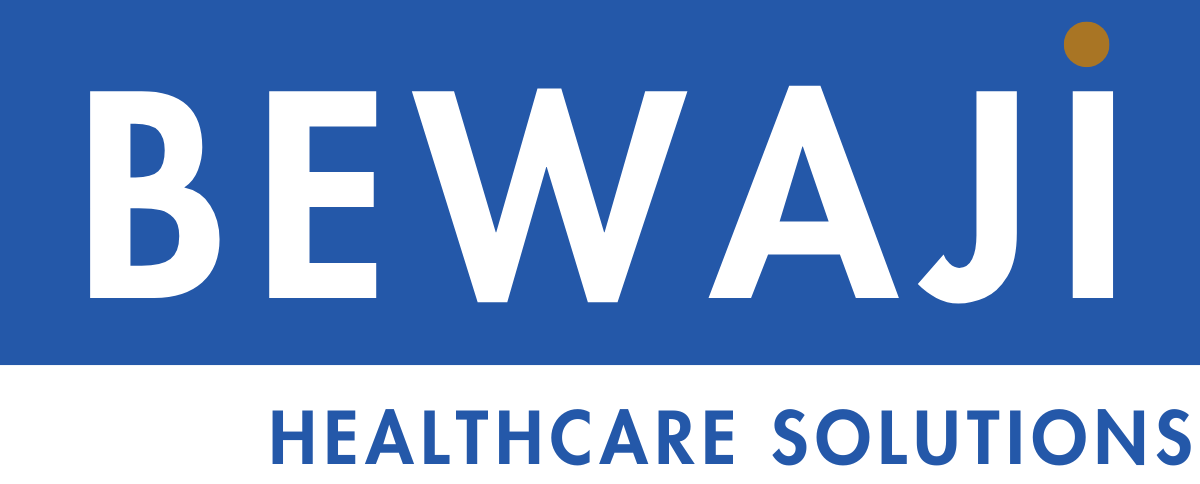Introduction
As healthcare providers in Jamaica continue to evolve in the digital age, it is imperative to understand and comply with the Jamaica Data Protection Act of 2020. This act aims to protect the privacy and security of personal data, including sensitive healthcare information. Noncompliance can result in legal penalties, reputational damage, and loss of patient trust. This article provides a comprehensive overview of the Jamaica Data Protection Act 2020, outlining its key principles, obligations, and rights while highlighting how healthcare organizations can ensure compliance.
Scope and Oversight
The Act applies to healthcare providers operating in Jamaica, covering personal data processing activities. It also applies to third-party service providers, such as cloud services processing data for healthcare organizations. The Office of the Information Commissioner oversees compliance, conducts investigations, audits healthcare providers, and imposes penalties for non-compliance.
Key Principles of the Jamaica Data Protection Act 2020
Lawful and Fair Processing: Healthcare providers must ensure that personal data is processed lawfully and fairly. This includes obtaining explicit and informed consent from individuals before collecting and processing their data.
Purpose Limitation: Data collected by healthcare providers should only be used for specific and legitimate purposes. Providers should clearly communicate these purposes to individuals and ensure that data is not processed in a manner incompatible with these purposes.
Data Minimization: Healthcare organizations must collect and retain only the minimum amount of personal data necessary for the intended purposes. Unnecessary or excessive data collection should be avoided to minimize risks and protect individuals’ privacy.
Accuracy and Retention: Providers should ensure that personal data is accurate, up-to-date, and relevant for the purposes for which it is processed. They must also establish retention policies to determine the appropriate period for which data should be retained.
Security and Confidentiality: Healthcare providers have a legal obligation to implement appropriate technical and organizational measures to protect personal data from unauthorized access, loss, or disclosure. This includes ensuring secure storage, encryption, access controls, and regular data security assessments.
Obligations for Healthcare Providers
Appointment of a Data Protection Officer (DPO): Healthcare organizations should designate a Data Protection Officer responsible for overseeing data protection practices, ensuring compliance, and acting as a point of contact for individuals and regulatory authorities.
Data Protection Impact Assessments (DPIAs): When introducing new technologies or processing methods that may pose risks to individuals’ privacy, healthcare providers must conduct DPIAs to assess and mitigate these risks. This involves identifying potential data protection issues, evaluating safeguards, and seeking regulatory guidance if necessary.
Consent and Transparency: Consent is a fundamental aspect of data processing under the Jamaica Data Protection Act 2020. Healthcare providers must obtain explicit and informed consent from individuals for collecting and processing their data. Additionally, they should provide clear and accessible privacy notices, explaining the purpose, legal basis, and rights related to data processing.
Data Breach Notification: In the event of a data breach that poses a risk to individuals’ rights and freedoms, healthcare providers must promptly notify the Office of the Information Commissioner and affected individuals. It is crucial to establish data breach response protocols, including containment measures, investigation procedures, and communication strategies.
Compliance Management: Providers should institute technical and organizational measures to support compliance with the Act. Policies and Standard operating procedures need to be in place. Regular audits are advisable. For instance, a hospital may conduct annual audits to review patient data and update any outdated or irrelevant information to align with the accuracy principle.
Rights of Individuals
Right to Access: Individuals have the right to request access to their personal data held by healthcare providers. Providers must respond to such requests in a timely manner and provide copies of the requested information, along with details on the processing activities and the rights individuals may exercise.
Right to Rectification and Erasure: Individuals have the right to rectify inaccuracies in their personal data and request the erasure of their data under certain circumstances. Healthcare providers should establish procedures to address such requests promptly and ensure data is updated or deleted accordingly.
Right to Object: Individuals can object to the processing of their personal data for specific purposes, including direct marketing. Healthcare providers must respect these objections unless they have legitimate grounds for continuing the processing.
Right to Restriction of Processing: Individuals have the right to restrict the processing of their personal data in certain situations. Healthcare providers should honor such requests, limiting the processing to storage purposes only, unless consent or legal requirements necessitate further processing.
Healthcare providers should establish procedures to enable patients to exercise these rights effectively.
Achieving Compliance
Healthcare providers should utilize available resources like training programs and regulatory guidelines to enhance understanding of the Act. They should also invest in data security infrastructure, train staff regularly, and review data protection policies/procedures periodically to achieve compliance. While implementing data protection measures, providers should consider potential impacts on workflows and patient care. With robust policies and concerted efforts, healthcare providers can comply with the Act to prioritize patient privacy and data security.
Conclusion
Compliance with the Jamaica Data Protection Act 2020 is vital for healthcare providers to protect patient privacy, ensure data security, and maintain the trust of their patients. By understanding the key principles, obligations, and rights outlined in the act, healthcare organizations can implement robust data protection measures. It is crucial to allocate resources, designate a Data Protection Officer, conduct DPIAs, and establish clear policies and procedures to achieve compliance. By prioritizing data protection, healthcare providers in Jamaica can create a secure and privacy-conscious environment while delivering high-quality care to their patients.

